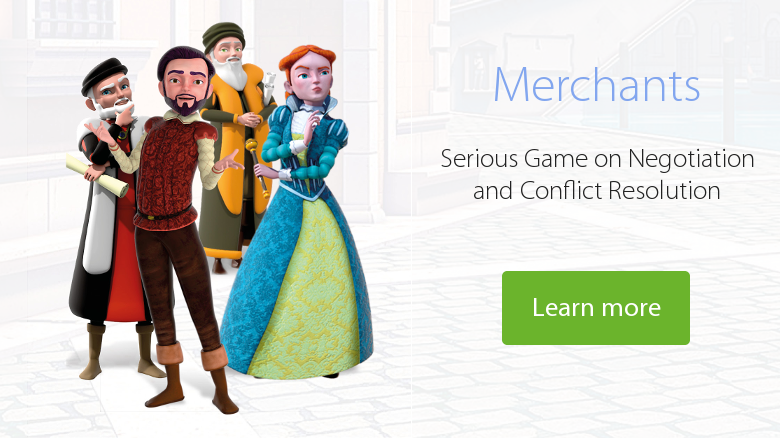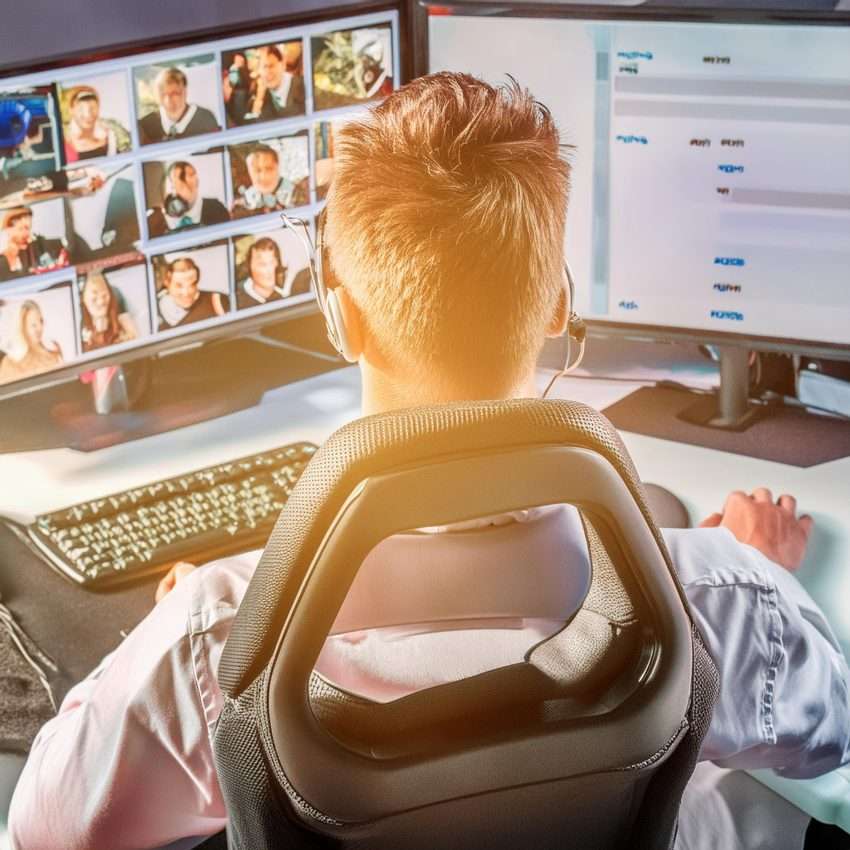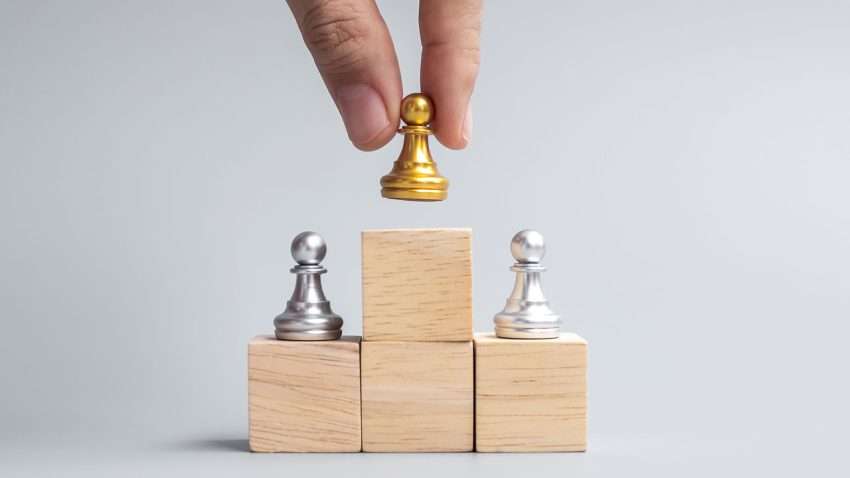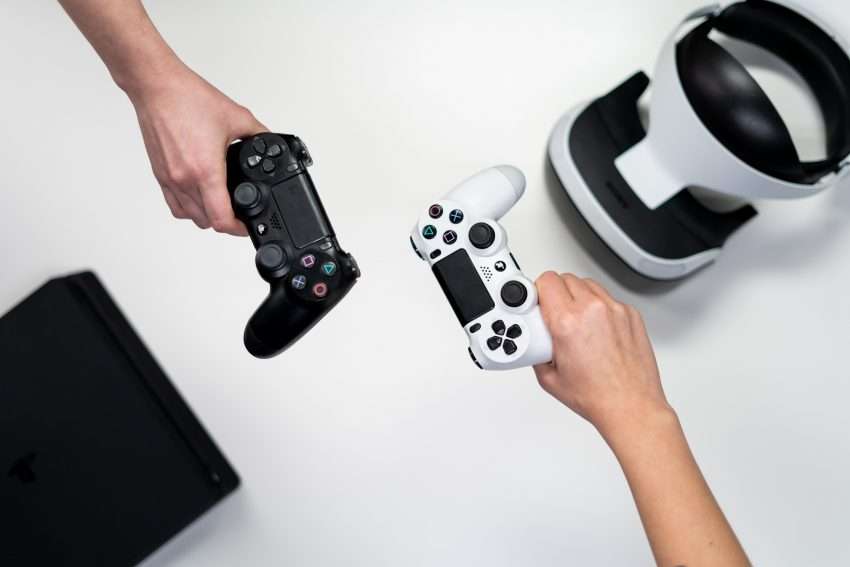Eric De La Tour, director of Business Excellence at L’Oréal, responds to some questions regarding his vision on corporate training based on his experience with this French cosmetics company’s sales team
What is your role in L’Oréal?
I am responsible for the excellence of the commercial service in the professional products division of L’Oréal France.
One of my main goals is to improve the skills of all sales teams, support their transformation, and face new challenges. Essentially, my aim is to guarantee the employability of the team.
What types of profiles do you train? In what areas?
As a priority, we train our vendors and their managers. In France, we have 160 “business partners” and about thirty managers.
The business partners support our customers in their development. They must use a customer-centric approach and have the ability to boost the clients’ beauty salons as well as the market itself, creating new standards.
At the same time, we train our key account teams in the art of putting the business plan and negotiation together. When it comes to managers, priority is given to their role as coaches.
What training methods are you currently using (face-to-face, blended, digital)? If it’s a combination of all methods, can you explain how they complement each other?
The training we offer must be mixed. It’s blended because we must, above all, ensure that the content sticks, which has not always been sufficiently taken into account in the past due to financial and time constraints.
For example, we electronically configure pre-course exercises to raise awareness on the topic for our students (self-diagnosis, pre-information phase, etc.). Afterward, face-to-face training is added for one or two days. We also offer field support through managers and follow-ups thanks to one-hour learning capsules that are integrated into our agency meetings.
In 2020, we want to create a “performance learning” application that allows us to validate the acquired knowledge. One of my priorities is to “anchor” our training courses. It is essential to be able to measure the ROI of a training program.
It’s also vital that each employee becomes a generator of change–one who is responsible for the growth of his/her own skills and employability.
To do this, we also give them access to an off-the-shelf training catalog and MOOCs.
What are your challenges in developing skills and knowledge for the next five years?
Many experts say that skills become obsolete after five years. They say that a new entry into the workforce will perform fifteen different jobs, half of which do not yet exist.
Therefore, we must work on both hard and soft skills. You have to accept deprogramming and investing in the development journey itself, as well as being responsible for self-development. In other words, we should not expect everything from the company we work for.
Do you believe in learning through games?
Playing is undoubtedly a key way to involve employees, regardless of their age. We are all players at heart.
Do you think Gamelearn’s solutions are in tune with this evolution in the world of training? And if so, what do you think of this approach?
I can only talk about Merchants, which I’ve had the opportunity to try. It is undoubtedly part of the puzzle, one of the elements of blended learning, without a doubt.
To be very specific, I will share the first words I heard from the team that went through the pilot with this serious game: “It is an interactive, fun, and addictive learning method (in a good sense of the word). Training from a fun angle, with quality training messages (clear, precise, concise).”
In the training mix for improving negotiation skills, Merchants is a must that has to be anchored to other learning modalities, such as face to face meetings and follow-ups.






